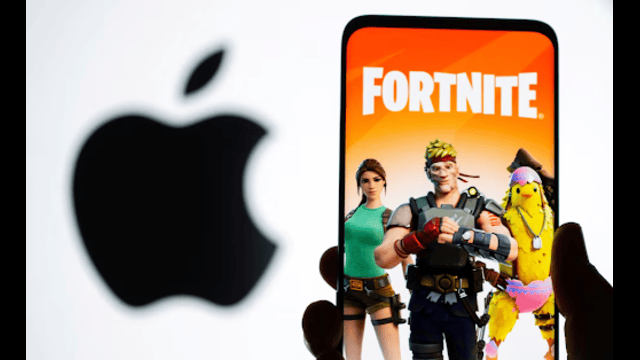
On Tuesday, November 19, 2024, in Queens, New York, a photographer named Gabby Jones captured an image of the Google Chrome website displayed on a smartphone. The photo was shared by Bloomberg.
In a closely watched legal showdown, Google has pushed back against efforts to break up its popular Chrome browser. The tech giant made its case on Friday, urging a U.S. judge not to force a separation that could deeply impact its grip on internet search.
This legal battle comes after a major decision last year, where a court ruled that Google had built and maintained an illegal monopoly in the online search market. Now, the focus has shifted to what actions the court should take to remedy that situation.
Lawyers representing the U.S. government have proposed a bold move: make Google separate from Chrome. They argue that with the rise of artificial intelligence, Google’s power could grow even stronger, especially since most people use Chrome as their gateway to the web. They also want the company to be banned from striking exclusive search deals with smartphone makers like Apple and Samsung.
This request strikes at the heart of Google's business. During the hearing in Washington, D.C., Google’s lead attorney, John Schmidtlein, argued that no solid proof was presented showing users would have chosen different search engines if Google hadn’t made those exclusive deals. He pointed out that Verizon chose to install Chrome on its devices, even though it owned Yahoo’s search engine and wasn't under any legal obligation to partner with Google.
Schmidtlein also emphasized that during the trial, which included testimony from over 100 witnesses, not one claimed they would have used Bing or another search engine if given more freedom.
But the government’s attorney, David Dahlquist, pushed back. He pointed to Apple as a key example. According to him, Apple received billions from Google to keep Chrome as the default browser on iPhones. Despite this, Apple repeatedly asked for more choices in how it handled search options — requests that Google allegedly denied.
Google believes the government's demands go far beyond what’s fair. The company says the push to break up Chrome — and potentially even force the sale of its Android operating system — stretches beyond the original scope of the lawsuit.
This all comes at a time when the search landscape is rapidly changing. Competitors like Microsoft, ChatGPT, and Perplexity are using new AI tools to help users find information online in innovative ways. Google, too, is investing heavily in artificial intelligence and is integrating these technologies into its search engine and other digital services.
The outcome of this case could reshape how people access the web and how dominant one company can be in that space. Judge Amit Mehta now has the final say, and whatever decision he makes could set a major precedent for how tech giants operate moving forward.















